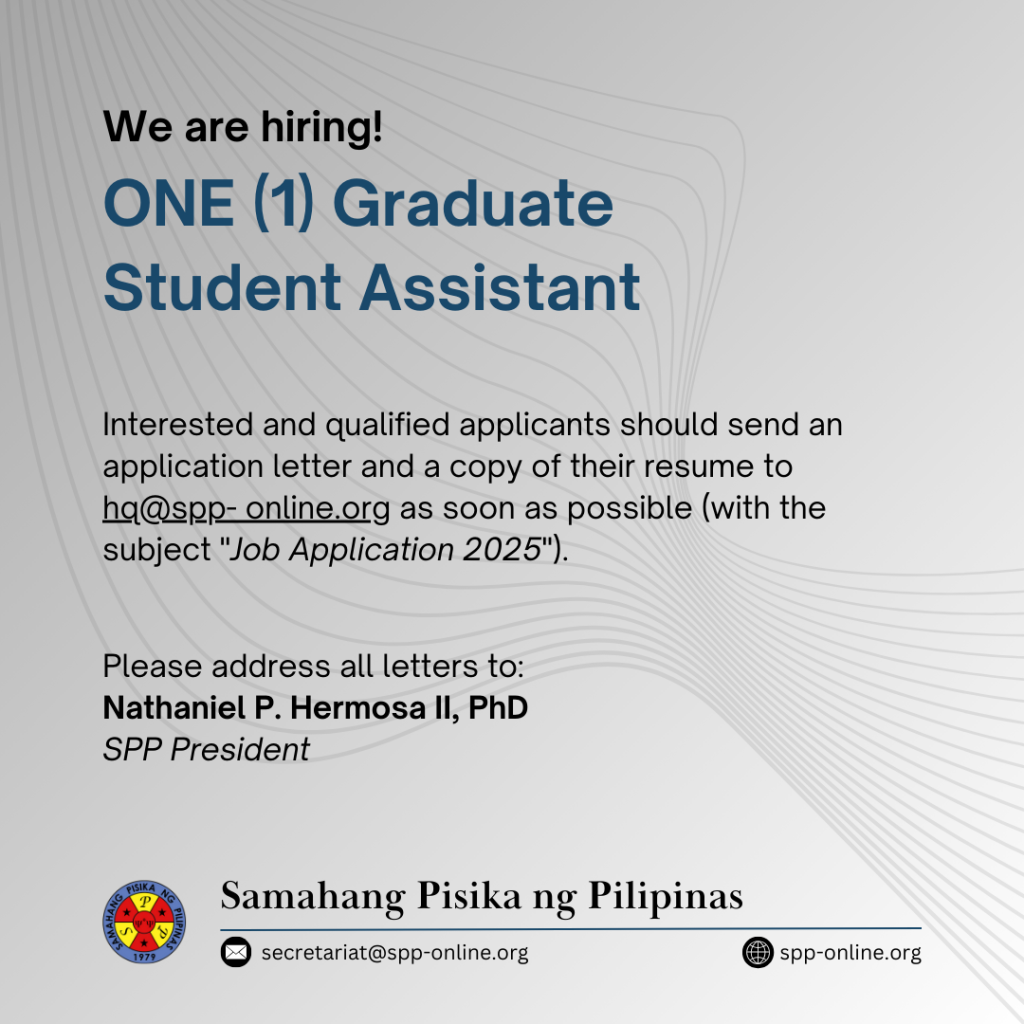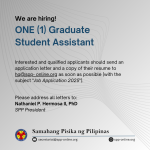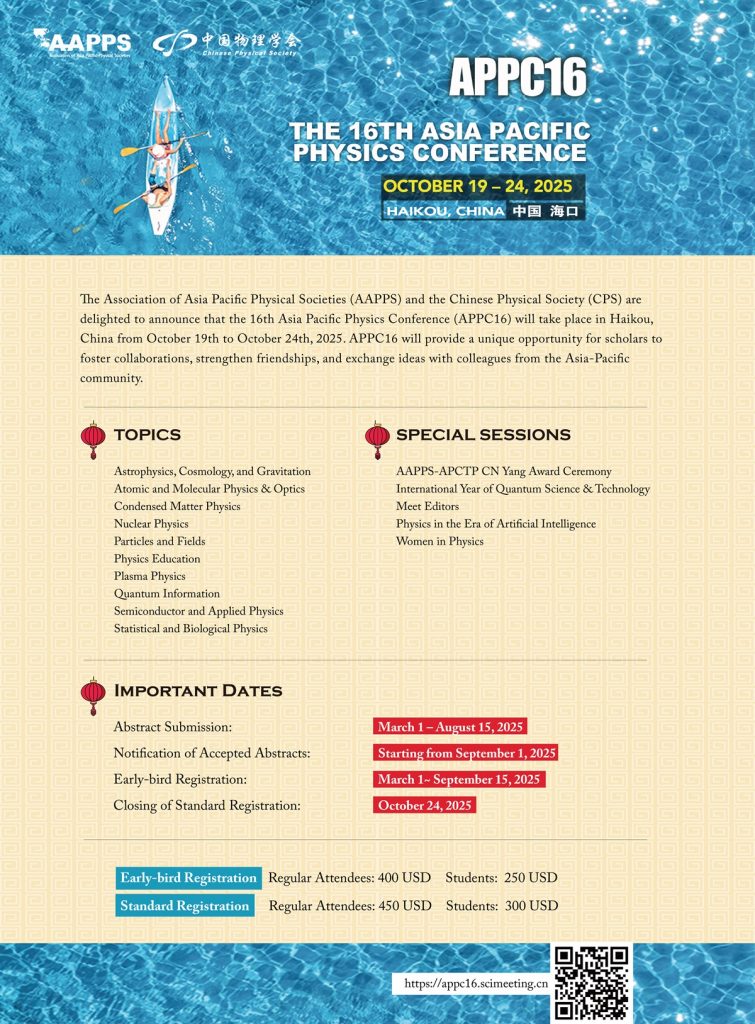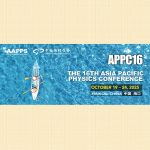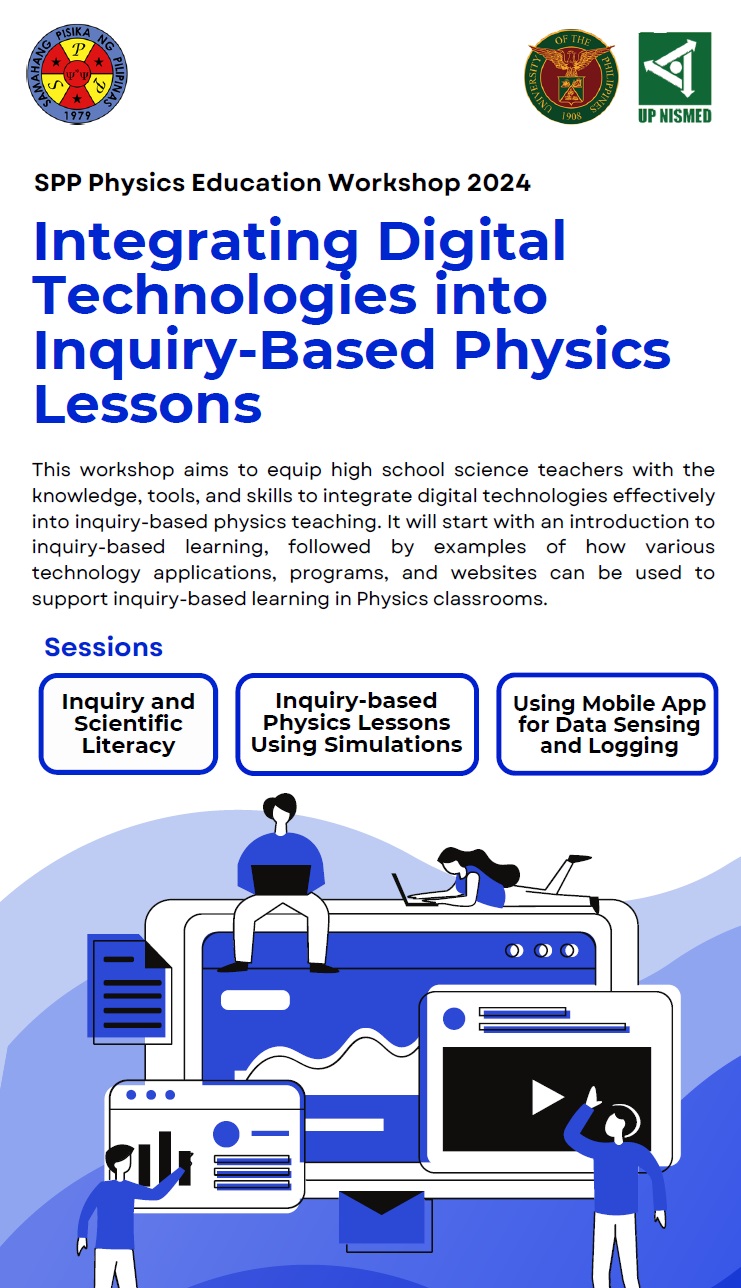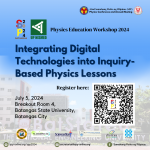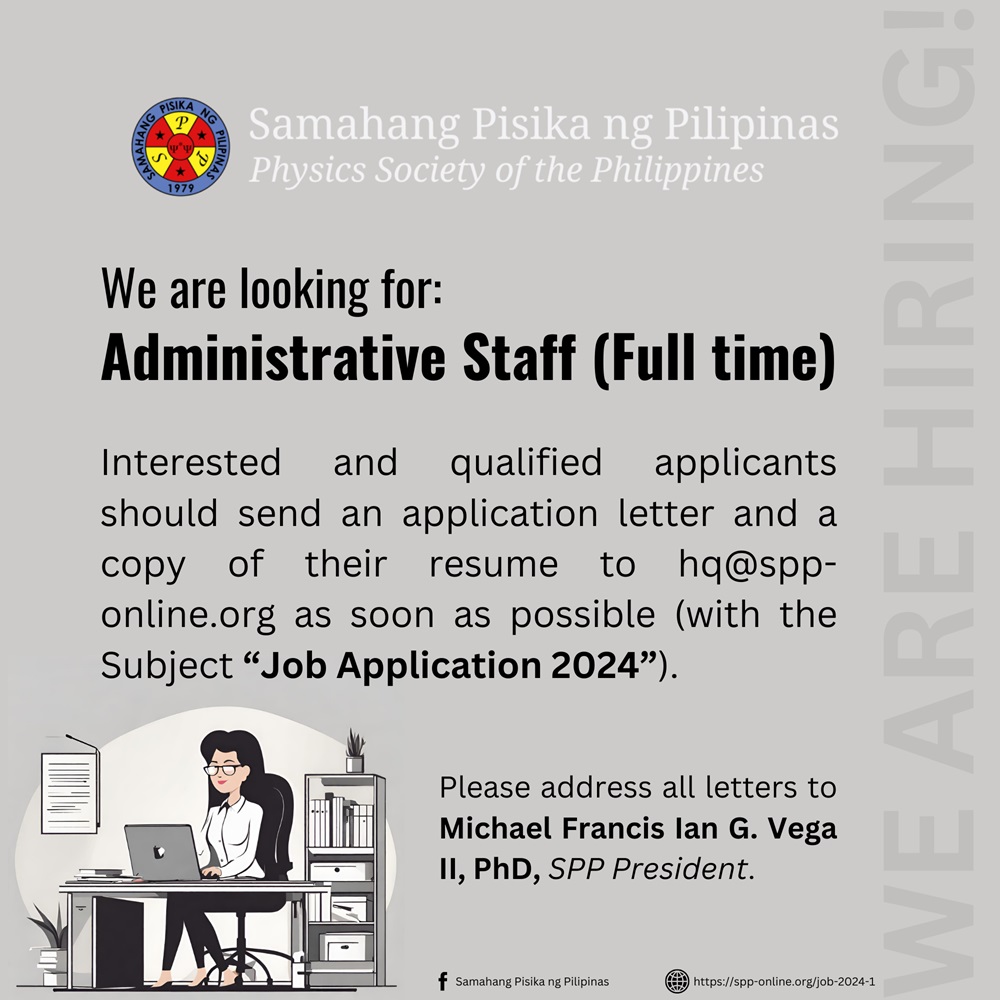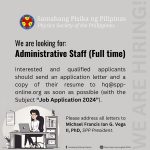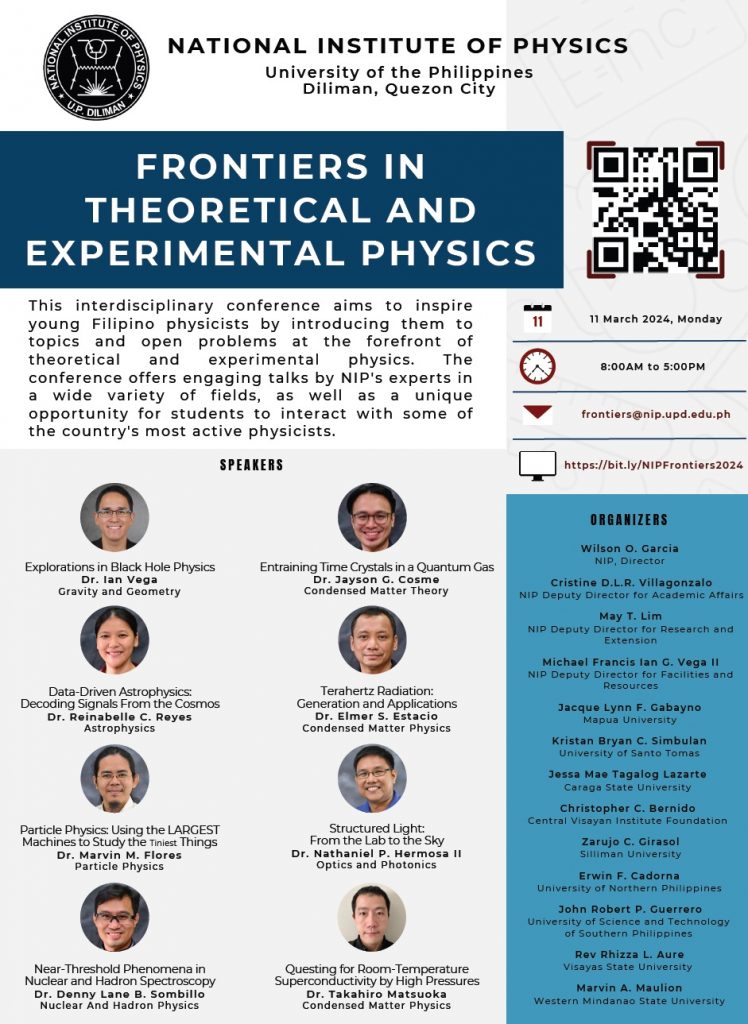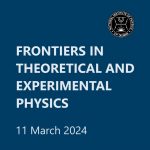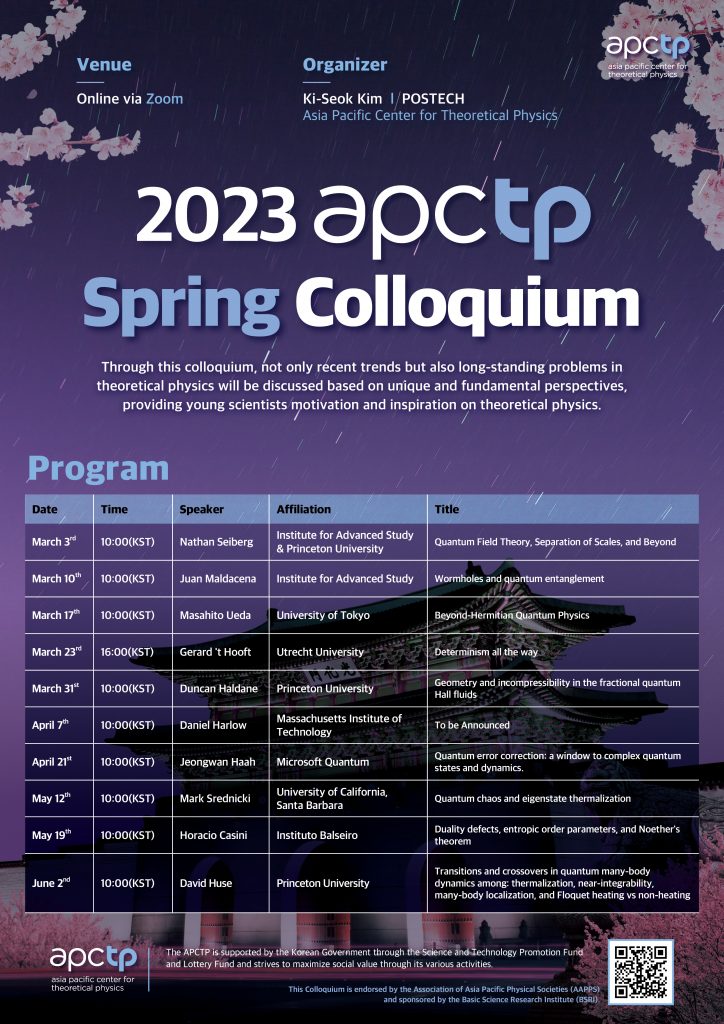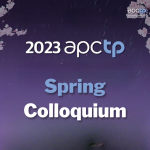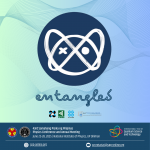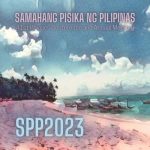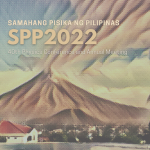Nathaniel Hermosa II, Ph. D.
National Institute of Physics
University of the Philippines Diliman
President
Darwin Putungan, Ph. D.
Institute of Physics
University of the Philippines Los Baños
First Vice President
Ranzivelle Marianne Roxas-Villanueva, Ph. D.
Institute of Physics
University of the Philippines Los Baños
Second Vice President
Francesca Isabel de Vera, Ph. D.
Institute of Physics
University of the Philippines Los Baños
Secretary General
Carlos Baldo III, Ph. D.
Department of Physics
Mapúa University
Treasurer
Councilors
John Paul Besagas, Ph. D.
Polytechnic University of the Philippines
Phoebe Nicole Perez, Ph. D.
Department of Science and Technology
Reinier Xander Ramos
University of the Philippines Diliman
Leo Mendel Rosario, Ph. D.
University of the Philippines Open University
Lemuel John Sese
Mapúa University
Michelle Marie Villamayor, Ph. D.
Central Mindanao University
Renante Violanda, Ph. D.
University of San Carlos
Myles Allen Zosa, Ph. D.
University of the Philippines Diliman

